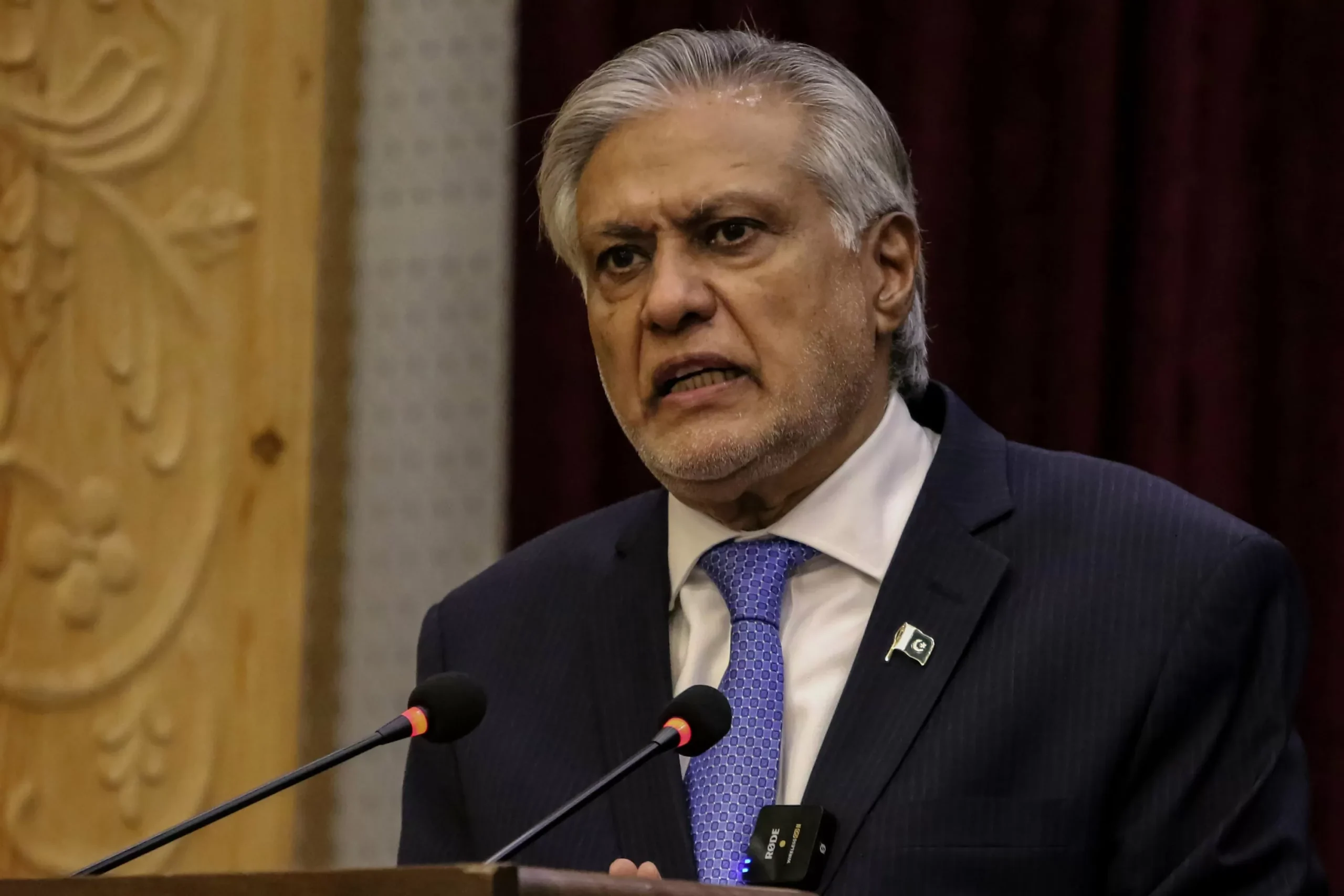Pakistan is open but not eager for dialogue with archrival India, its foreign minister said, highlighting the continued chill in ties after the worst military confrontation between the two countries in decades.
In a press conference on Wednesday, Pakistani Foreign Minister Shah Mahmood Qureshi said that while Pakistan is open to dialogue, it is not desperate for it. He emphasized that any dialogue must be based on mutual respect and equality, with both countries working towards resolving long-standing issues.
The remarks come after months of heightened tensions between India and Pakistan, which escalated in February when Indian fighter jets crossed into Pakistani airspace and conducted airstrikes in Balakot, in the Khyber Pakhtunkhwa province. The Indian government claimed the strikes were in response to a suicide bombing in Indian-administered Kashmir, which killed 40 Indian security personnel.
Pakistan retaliated by shooting down an Indian fighter jet and capturing its pilot, Wing Commander Abhinandan Varthaman. The pilot was later released as a peace gesture by Pakistan, but the situation remained tense, with both countries engaging in cross-border shelling.
The situation has calmed down in recent weeks, with both countries expressing a desire for peace and stability in the region. However, talks between the two countries have not yet resumed, with India insisting that Pakistan must take concrete steps to end cross-border terrorism.
Qureshi reiterated Pakistan’s stance that it is willing to engage in dialogue with India, but the process must be based on mutual respect and understanding. He also highlighted that India’s stance on Kashmir remains a major hurdle in any bilateral talks.
Kashmir, a disputed region between India and Pakistan, has been a bone of contention between the two countries since their independence in 1947. Both countries claim the region in its entirety and have fought several wars over it.
Qureshi urged India to take steps towards resolving the Kashmir issue, stating that it is the root cause of tensions between the two countries. He also stressed that Pakistan is committed to finding a peaceful solution to the issue through dialogue and in accordance with the United Nations Security Council resolutions.
The foreign minister also touched upon the issue of cross-border terrorism, which India has repeatedly accused Pakistan of supporting. Qureshi stated that Pakistan has taken concrete steps to curb terrorism and that the country’s efforts have been acknowledged by the international community.
He emphasized that Pakistan has always maintained a policy of peaceful coexistence and has no interest in destabilizing the region. He called upon India to provide evidence of Pakistan’s alleged involvement in cross-border terrorism, rather than resorting to baseless accusations.
Qureshi’s remarks highlight the need for both countries to engage in meaningful dialogue, rather than resorting to aggressive rhetoric and actions. It is crucial for the stability and development of the region that India and Pakistan find a way to resolve their differences and work towards a peaceful coexistence.
Pakistan has shown its commitment to peace by releasing the Indian pilot and has repeatedly expressed its willingness to engage in dialogue. It is now up to India to reciprocate these gestures and take concrete steps towards resolving the long-standing issues between the two countries.
In conclusion, Pakistan remains open to dialogue with India, but it is not desperate for it. The country’s foreign minister has reiterated that any talks must be based on mutual respect and understanding, with both countries working towards resolving their differences. It is time for India to reciprocate these sentiments and work towards finding a lasting solution to the issues dividing the two nations. Only through dialogue and cooperation can the two countries pave the way for a peaceful and prosperous future for their citizens.






![Complete BritRail Pass Guide [Types, How to Use It, Pros + Cons]](https://inside-news.uk/wp-content/uploads/2025/06/00221EB4-BCA2-4DBB-6CD4-83DBC37D71FA-120x86.webp)














